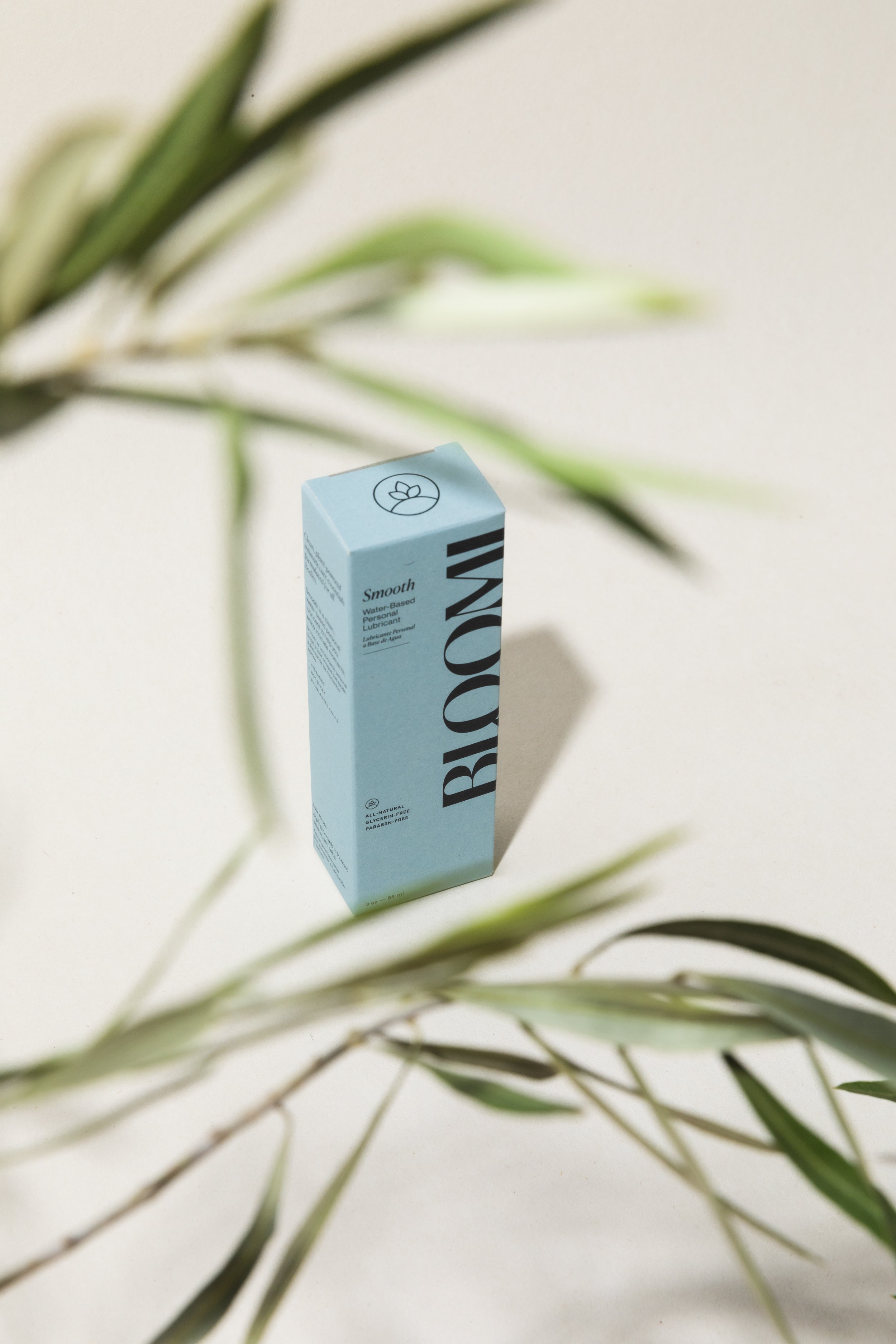5 things you need to know about your intimate area
Your intimate area deserves its own skincare routine, but first you have to know what’s actually going on down there.
When most of us put together our skincare routines, we buy products to moisturize, protect and heal different parts of our face: serums for our cheeks, eye creams for morning puffiness, and moisturizers for 24-hour hydration.
Yet when it comes to our intimate areas, we often expect an all-in-one body wash to keep our vulva or penile skin fresh, clean and healthy. In reality, most of these washes or soaps, which were formulated for your body and not your intimate areas, can disrupt your pH balance and lead to irritation, foul smells and/or infections.
But if you’re not well-acquainted with your intimate area, how will you ever know what it needs and what it needs to stay away from? Below, we’re sharing five things you probably didn’t know about your intimate areas to help you build an intimate care and hygiene routine that works for you.
Vulva skin is extremely permeable.
Vulva skin contains a high concentration of sweat glands, hair follicles and increased blood flow that make it about seven-to-10 times more permeable than other exposed skin on your body. The cells in this area are more loosely arranged, allowing for substances to penetrate the skin more easily and enter the bloodstream in a matter of seconds.
This makes vulva skin extremely sensitive to any product you put on it. Unfortunately, most intimate care products on the market include toxic ingredients like glycerin, parabens, phthalates, dyes or synthetic fragrances that disrupt sensitive intimate areas.
At Bloomi, we developed the industry's first-ever clean standard for intimate care products. Every intimate care item we create and curate at the Bloomi marketplace has passed our clean standard screening, ensuring no toxic ingredients and allergens, like glycerin, gluten, phthalates, sulfates, parabens, alcohol, artificial dyes and fragrances, ever touch your intimate areas.
Penile and vulva skin aren’t the same, but are similar.
While vulva and penile skin aren’t the same, they are more similar than you think. Vulva and penile skin have a similar pH level of about 3.8 to 5. Both are also very sensitive and experience similar discomforts throughout the day: sweat, hair growth and the flow of natural liquids like blood or semen.
With these similarities, Bloomi has formulated clean, plant-powered intimate care essentials for all bodies. Products like Cleanse, a clean, aloe-based foam for your daily shower routine, and Nourish, a clean, oil-based formula to gently moisturize intimate skin, were developed with both vulva and penile skin in mind.
Clean Intimate Care
Discover plant-based sexual wellness and self-care essentials that are safe for all intimate areas.
The vagina is self-cleaning, but the vulva isn’t.
Vaginas and vulvas aren't the same. The vulva is external genitalia that includes the labia, clitoris, vaginal opening and the opening to the urethra. Meanwhile, the vagina is internal and includes a tube that connects the vulva with the cervix and uterus. Medical professionals agree that the vagina is self-cleaning and people should avoid washing the vagina with douches or other internal products unless medically indicated. However, you can wash external vulva skin.
While you can wash this intimate area with water alone, nine out of 10 people still prefer to use a cleanser of some sort to gently remove sweat or menstrual fluids. Bloomi's Cleanse is a clean, aloe-based foam for your daily shower routine. Formulated with water and aloe, which hydrates the skin and improves skin elasticity, it's a gentle, non-drying foam cleanser that anyone can use daily.
Semen can throw off vaginal pH balance.
While penile and vulva skin have a similar pH level, penetrative sex without a barrier method between people with vulvas and penises could throw off one’s pH level. This is because semen typically has a pH between 7.1 and 8.
During sex, the pH of the vagina also rises in order to create a more alkaline environment to protect the sperm and encourage fertilization. This rise in pH, both from the semen and the vagina, encourages the growth of certain bacteria that increases the risk of infections, including bacterial vaginosis and yeast infections.
To avoid infections, clinicians recommend using barrier methods, peeing before and after sex and washing intimate areas before and after sex. When washing intimate areas, it’s important for people with penises and vulvas to avoid using body washes or soaps made with toxic ingredients like glycerin, synthetic fragrances, or synthetic dyes.
These toxins increase pH imbalance and cause irritated skin, micro-tears, yeast infections or bacterial vaginosis. Bloomi’s Cleanse is a clean intimate care foam made with water and aloe to gently clean intimate areas without interrupting pH levels.
The vagina is a muscle.
The vagina is a muscular, hollow tube that extends from the vaginal opening to the uterus. Because it has muscular walls, the vagina can stretch and return to its usual shape. This ability to expand and contract allows the vagina to accommodate the insertion of sex toys, penises and tampons as well as childbirth.
As a muscle, vulva-safe calming ingredients can benefit the vagina. Bloomi's Relax, a clean, plant-powered massage oil that doubles as an everyday body oil with aromatherapy, can be used to moisturize, relax and refresh intimate areas. Sesame oil alleviates dryness and acts as an anti-inflammatory, pumpkin seed oil nourishes and promotes blood flow, and lavender relaxes.


